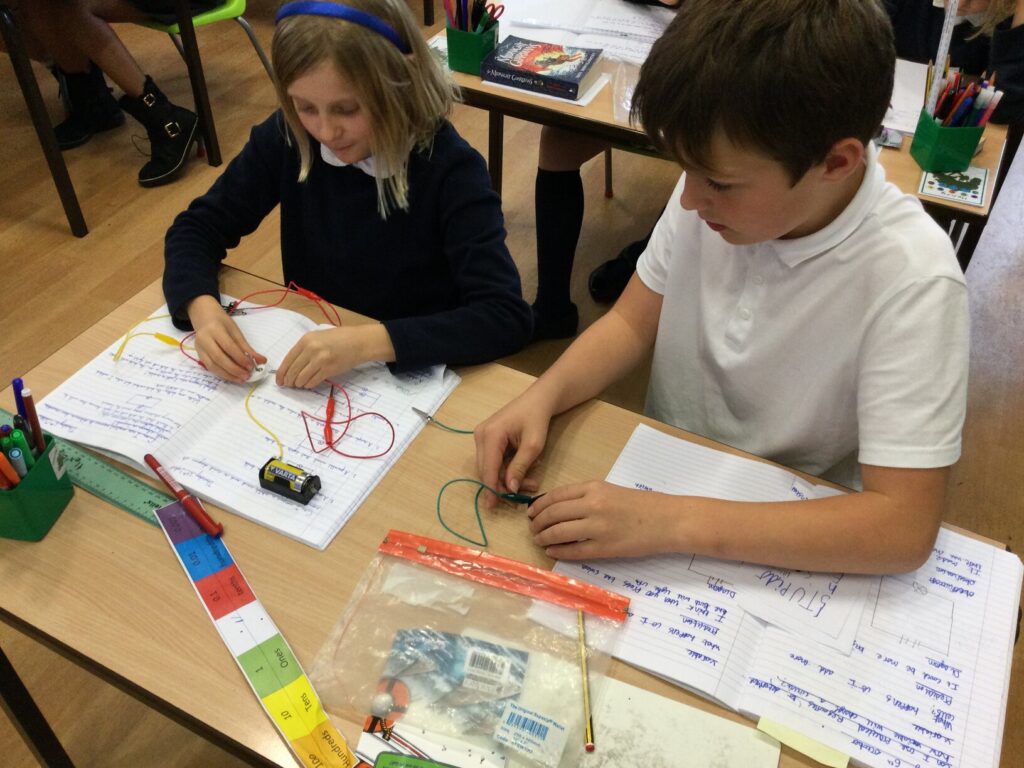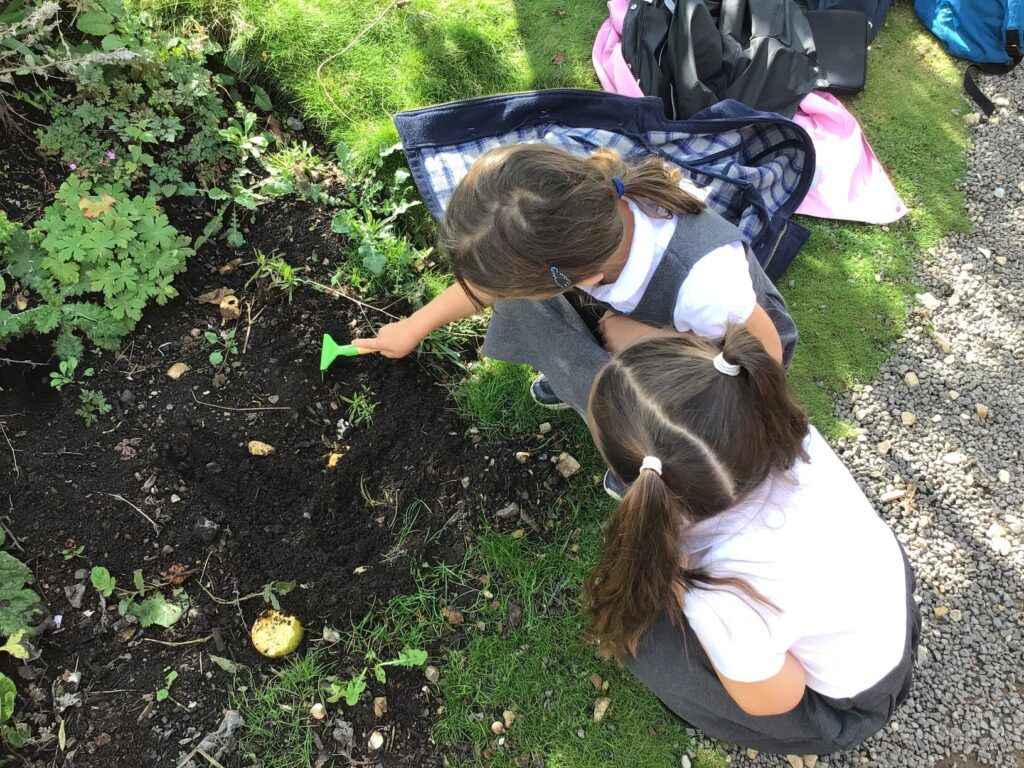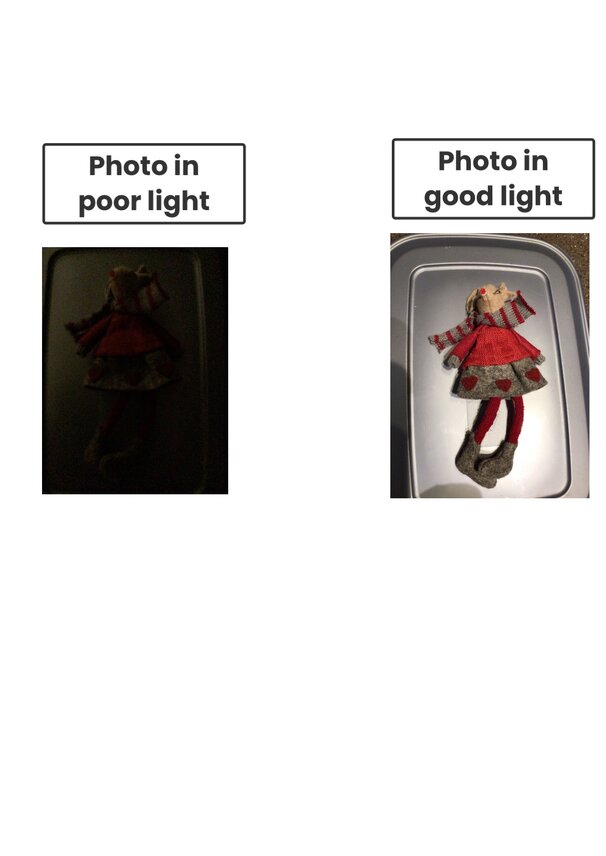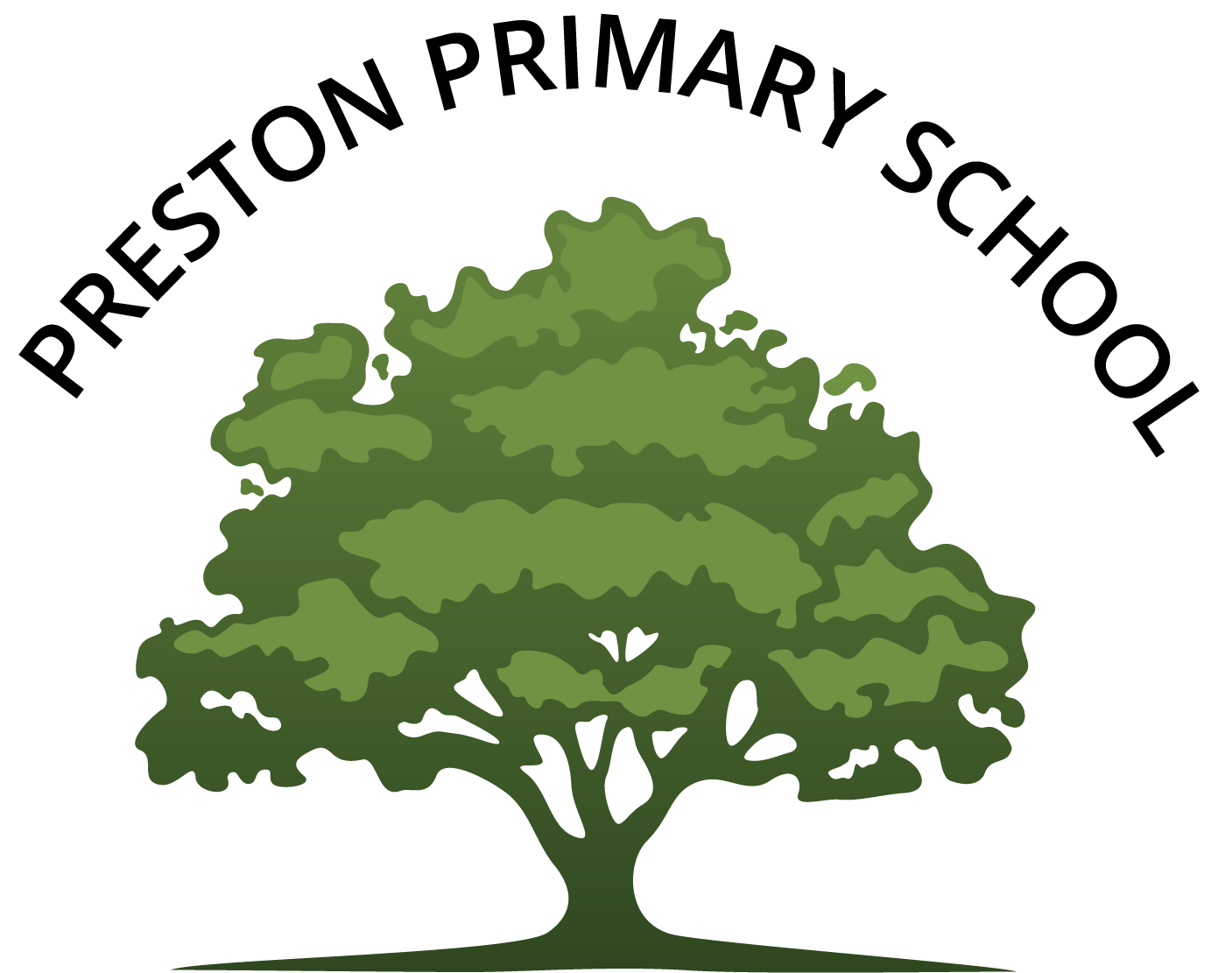Science
In science, children will learn about how things work including living things. This will include elements of physics, chemistry and biology throughout each key stage.
Each topic has key learning points, which are identified as ‘take aways’ in planning. This is to ensure depth of learning is secure in science and that there is progression in each year group and within each topic.
‘Working scientifically’ is at the heart of science and children will learn to investigate and to develop their disciplinary knowledge through observation and enquiry. They will gain an understanding of simple tests that they can do and how to use results to draw conclusions.
Scientific knowledge is based on facts which children will be taught alongside developing the scientific vocabulary needed to support their learning.
Working Scientifically at Preston Primary
There are three aims in the English primary science curriculum, to ensure that all pupils:
- develop scientific knowledge and conceptual understanding through the specific disciplines of biology, chemistry and physics
- develop understanding of the nature, processes and methods of science through different types of science enquiries that help them to answer scientific questions about the world around them
- are equipped with the scientific knowledge required to understand the uses and implications of science, today and for the future.
In order for primary school children to operate as successful scientists, we believe they should be taught a wide range of essential enquiry skills. These skills should build upon earlier opportunities they have had to play, explore, create, engage in active learning, and think critically in the Early Years Foundation Stage.
The skills that are embedded in our Science teaching throughout school are
- Identifying and selecting scientific method
- Using evidence – predictions
- Using apparatus and measurements – observe, measure and fair testing
- Using data – presenting results
- Using data – evaluating, concluding and questioning findings
- Scientific safety
At Preston Primary school we follow the National Curriculum when teaching science.https://www.gov.uk/government/publications/national-curriculum-in-england-science-programmes-of-study/national-curriculum-in-england-science-programmes-of-study
Long Term Framework
Preston Primary School Science Progression
Useful Science Links

Developing a whole school approach to Science Capital
As a school, we have received recognition from the Centre for Industry Education Collaboration (University of York) for our achievements in developing a whole school approach to Science Capital. We are developing Science to ensure it is relevant and that children believe that ‘science is for them’! We have worked with local company Fuji Film to give the children opportunities to be scientists in the real world as well as with Teesside University encouraging girls into STEM subjects.






